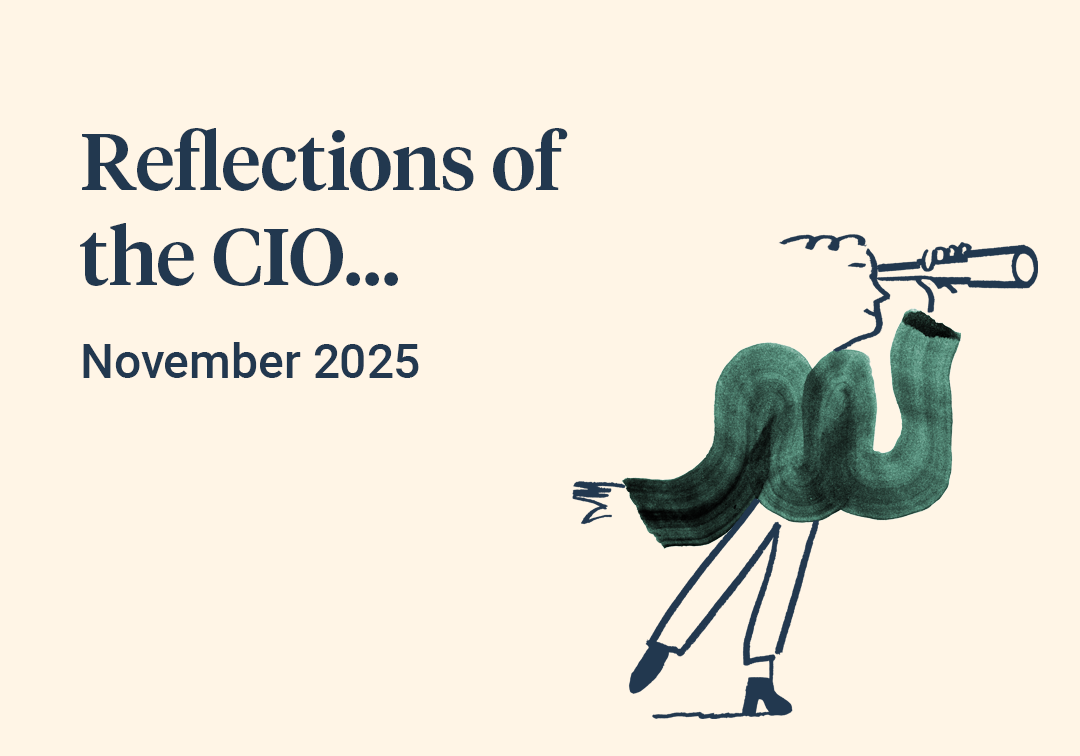October was another difficult month for many reasons. In previous updates over the last two years, we have been outlining the long and protracted journey of global markets to adjust to an environment of higher interest rates and higher inflation. Given that this process is being undertaken at a point when the financial system has never been so indebted, it was never likely to be a smooth journey, and so it has proved.
The last month was another case of the bond market starting off optimistically, believing that inflation and interest rates had both peaked, before reality intruded and dashed those nascent hopes. Specifically, a strong US economy and a marginally disappointing inflation report combined to force US bond prices lower, dragging most other global asset classes down with them. In technical terms, the real (or inflation adjusted), yield on US government debt climbed sharply, to levels normally associated with recession. A recession is clearly not what is happening now, but the fear is that the longer financial conditions remain as tight as they currently are, the greater the chances of a slump occurring further down the line. This risk is a feature of not only of the US economy, but also of the UK and European economies too. There are also common concerns over the state of government balance sheets, given an increasingly unsustainable rate of overall spending.
In addition to these familiar worries, we also had the horror of the terrorist attacks in Israel. It is difficult to add anything of use when confronted with the brutality of the events of October 7th, even in an era where they are depressingly familiar. Financial markets are usually coldly indifferent to human cruelty, unless it runs the risk of spreading into something wider and all consuming. The oil price remains the key instrument through which the risks of this conflict are transmitted beyond its borders, and, so far, there is little movement one way or the other. The energy market, on the face of it, has made the cold calculation that it is in no-one’s interest for the war to spread and therefore, it will remain a contained ‘regional conflict’. This has echoes of the situation after the initial shock of the Ukrainian invasion and although this is a plausible position for now, we don’t wholly subscribe to it and will be keeping in place the existing protections we have, to manage the associated risk.



